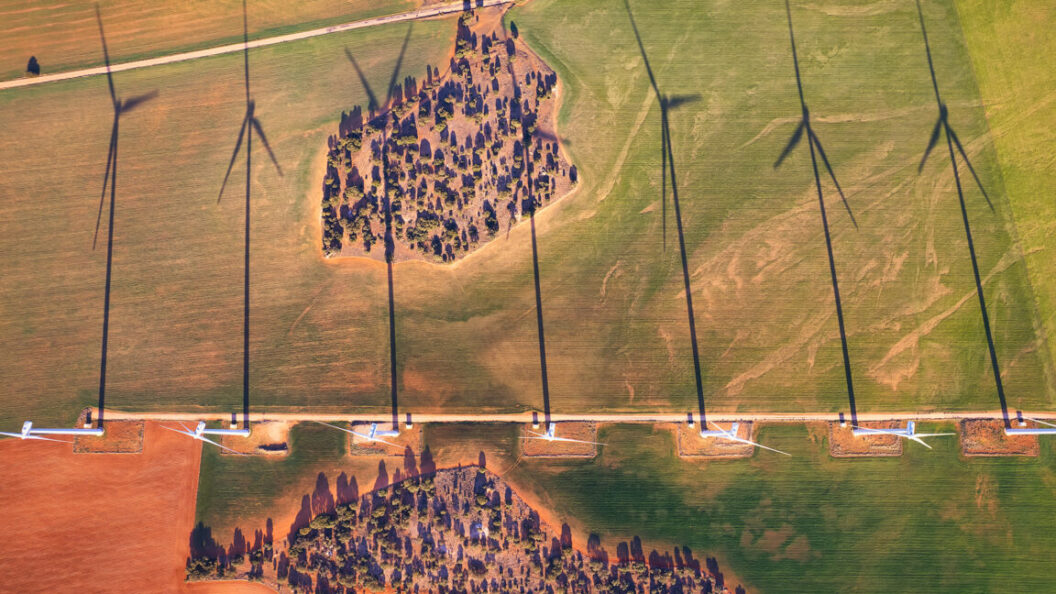Power Grid Challenges in Spain and Portugal
Introduction: A Critical Moment for the Iberian Power Grid
Spain and Portugal are currently grappling with significant challenges to their electrical grid systems. Both countries, while interconnected to each other, are facing limitations in external support from France and Morocco, which are their only external power sources. This situation is particularly critical as both nations attempt to restore power following recent blackouts.
Limited External Connections
The interconnections between Spain and Portugal provide some opportunities for recovery, primarily through small links to France and Morocco. These connections may be utilized to initiate a "black start," allowing power plants to restart without relying on an external supply. This capability is crucial as both countries possess abundant hydropower resources; Spain derives approximately 10% of its energy from hydro sources, while Portugal sources about 25%. Given the low external power needs for hydro plants to become operational, these resources may offer a promising avenue for recovery.
Renewable Energy Investments
Both Spain and Portugal have heavily invested in renewable energy. Portugal has made remarkable strides, with about 50% of its energy now generated from wind and hydro after the closure of its last coal plant in 2021. Spain is progressing as well, generating approximately 40% of its electricity from renewable resources.
Though solar energy contributes to the renewable mix, it is less suitable for initiating power restarts due to its intermittent availability. Nonetheless, solar panels transform direct current into alternating current, which could play a role in stabilizing grid frequency as sections are re-energized. Wind energy, which is more reliable for black starts, also presents potential, but the effectiveness of local wind infrastructure remains uncertain, particularly as weather conditions do not favor wind generation at present.
The Role of Battery Storage
Battery technology holds significant promise in enhancing grid resilience, as batteries can also provide direct current that can be converted to any required frequency. This capability would assist both in restarting power plants and stabilizing frequency as parts of the grid come back online. However, both Spain and Portugal have yet to install substantial grid-scale battery systems. Although future plans indicate expanding battery storage in tandem with solar power growth, their current availability is limited, reducing their immediate impact on restoration efforts.
A Monumental Challenge Ahead
Power grid operators in Spain and Portugal face an extraordinary challenge in restoring electricity services. Estimates of restoration time span several days, a reflection of the complexity of the situation. If operators fail to adequately manage the integration of renewable sources and external connections, there is a risk that the power situation could stagnate.
Conclusion: Implications for the Future
The current state of the power grids in Spain and Portugal underscores the critical need for enhanced grid management and infrastructure investment. As both countries continue their transition to renewable energy, the development of reliable storage solutions, along with optimized integration of existing power sources, will be vital. The events unfolding may serve as a wake-up call, urging stakeholders to invest in more resilient infrastructures that can better withstand disruptions and adapt to the growing demands of renewable energy systems.









